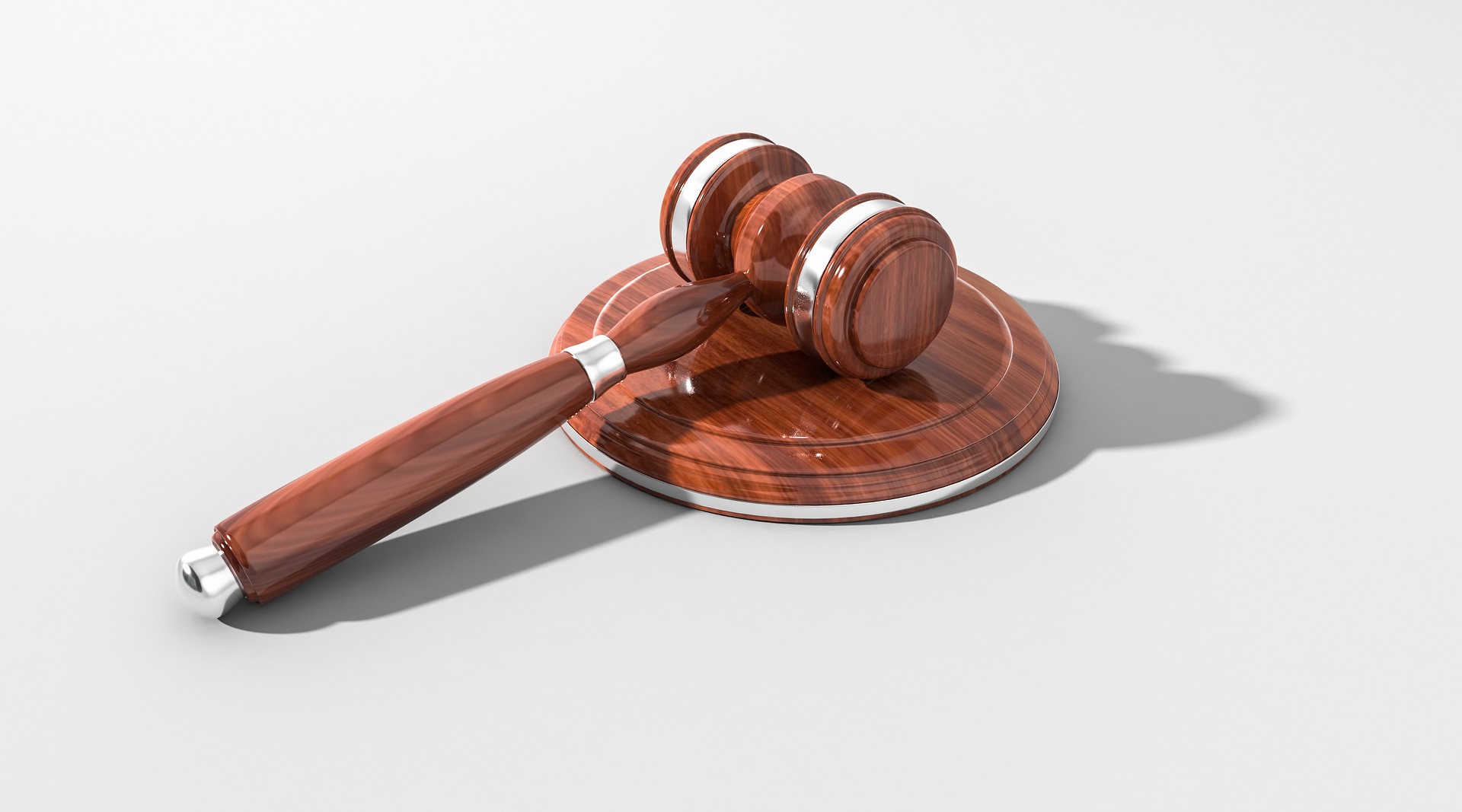The Current Situation Surrounding Online Casinos Laws in Japan

The Japanese attitude toward gambling has always been complicated. There is still a sizable interest in reels and other casino games, both online and in traditional brick-and-mortar casinos, just as there is in many other regions of the globe. However, with a few exceptions like horse racing and pachinko, gambling is illegal under the law.
We take a look at the Japanese online casino legislation and the country's comparatively small number of casinos in light of the global gambling market's explosive growth in recent years.
One possible explanation for this mismatch is that, although federal, state, and municipal governments all control gambling, the law makes a few exceptions (as we've already covered) in order to placate the public.
Seeing the potential advantages to Japan's tourist sector, Japanese authorities have recently taken moves toward relaxing the ban on gambling, leading to the development of so-called "Integrated Resorts."
Continue reading to find out more about Integrated Resorts and the legislative framework that makes it difficult to open casinos in other parts of Japan.
The Legal Framework
Pachinko alone generates around 16.03 trillion in income annually despite the fact that gambling is outlawed in Japan under Chapter 23, Article 185 of the Penal Code.
Each and every individual who joins a gambling institution or places a wager is liable to a 500,000 fine under Article 185-187 of the Japanese Penal Code. Anyone who operates a business that provides this kind of entertainment faces a minimum of three months in jail and a maximum of five years in prison.
The existing regulations in Japan restrict gambling to just those activities that are considered "monetary enjoyment" or are governed by other, more specific rules. Among them are:
- Racing of horses
- Competitive Motorcycling
- Speedboat races
- Cycle polo
- Lottery
- Pachinko
But even for these approved forms of gambling, the service provider still has to get permission from the appropriate authorities. The Supreme Court of Japan has determined that money cannot be considered "amusement," suggesting that a little sum is not likely to promote gambling.
Gambling
Gambling is defined as "an act where more than two individuals wager on a result of a game of chance to fight for a reward in the form of property or asset" in a judgment issued by the Tokyo High Court on November 28, 2006. This is a reference to a decision from 1911, in which the Old Supreme Court determined that the "result of a contest of chance" generally refers to a victory in a game involving any element of chance, regardless of whether some level of skill is also involved. Simply put, Japanese law prohibits playing any game that depends on chance.
Because of this precedent, courts have consistently ruled that games like mah-jong, igo, and shogi (Japanese chess) are prohibited activities.
Offshore Gambling
Online casinos are banned in Japan for the same reason that gambling at land-based casinos is outlawed. Therefore, many Japanese gamers choose to play on offshore sites. The Japanese parliament, the National Diet, declared internet gambling illegal in 2013. To be more specific, it declared that existing gambling laws would be enforced against any Japanese national who participated in any kind of internet gambling, regardless of where the service was actually provided (the Penal Code).
Currently
Government officials in Japan have been grappling with the problem of gambling since at least 2006, and in 2013 the Liberal Democratic Party (LDP) and a cross-party coalition (The Alliance) introduced a bill to the National Diet calling for the legalization of casinos.
While the Act for Development of Specified Complex Tourist Facilities Areas was signed into law in July 2018, it did not become effective until three years later, in January 2019. Gambling, if run by a private business that has been granted a license, may be allowed under this structure, but only in certain areas of Japan.
IRs
For IR status, the Act specifies the number of conditions, including, curiously, the construction of a casino.
When these facilities were first announced, their dimensions were vague at best. However, the 2019 Enforcement Order states that the combined floor space of all IR casinos in a resort must be less than 3%. Furthermore, the license has a maximum duration of three years under the Act before it must be renewed.
Foreigners are welcome to visit the facility an unlimited number of times at no charge, but Japanese people will be required to pay an entrance fee of around 6,000 each time they enter and leave. All foreign nationals are excluded from this.
Bottom Line
There will be unprecedented shifts in the Japanese gaming market as a result of the recent reforms. At this time, IRs will be set up in the prefectures of Osaka, Nagasaki, and Wakayama. It is safe to say that the increased legalization of gambling in Japan is ushering in a new era of prosperity for the entertainment sector there.
(Disclaimer: Devdiscourse's journalists were not involved in the production of this article. The facts and opinions appearing in the article do not reflect the views of Devdiscourse and Devdiscourse does not claim any responsibility for the same.)










